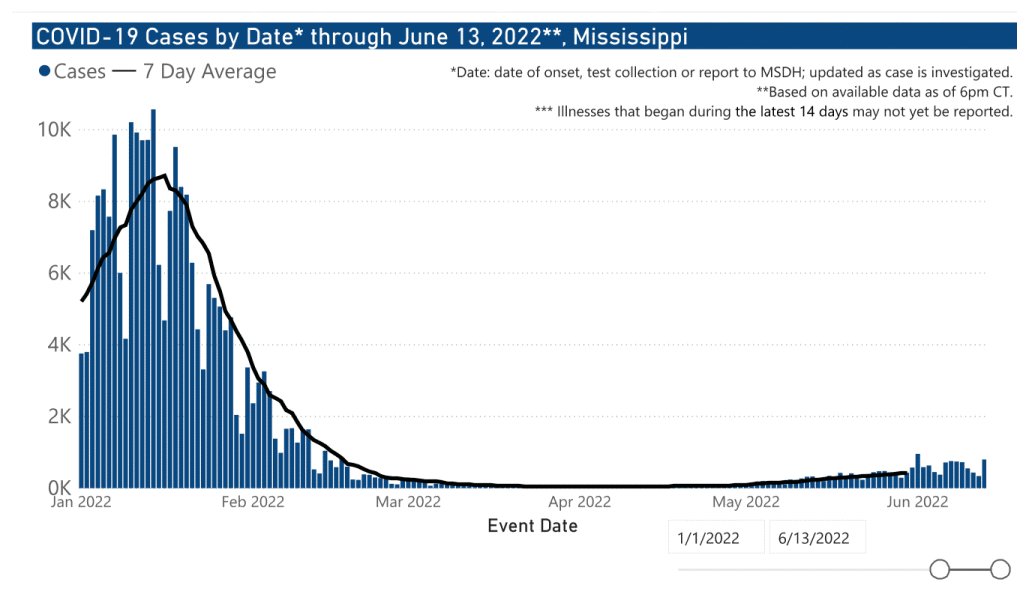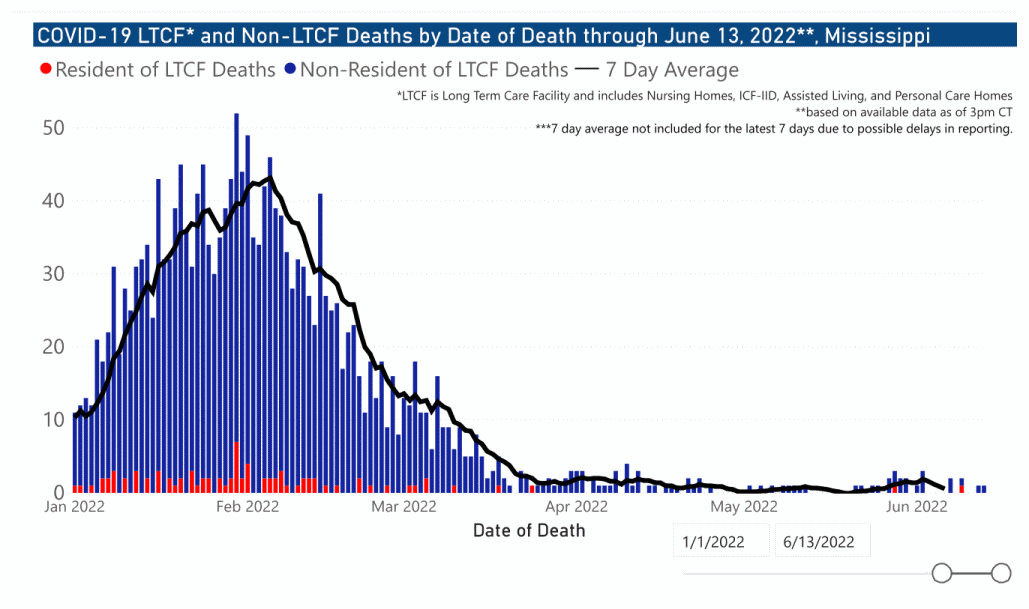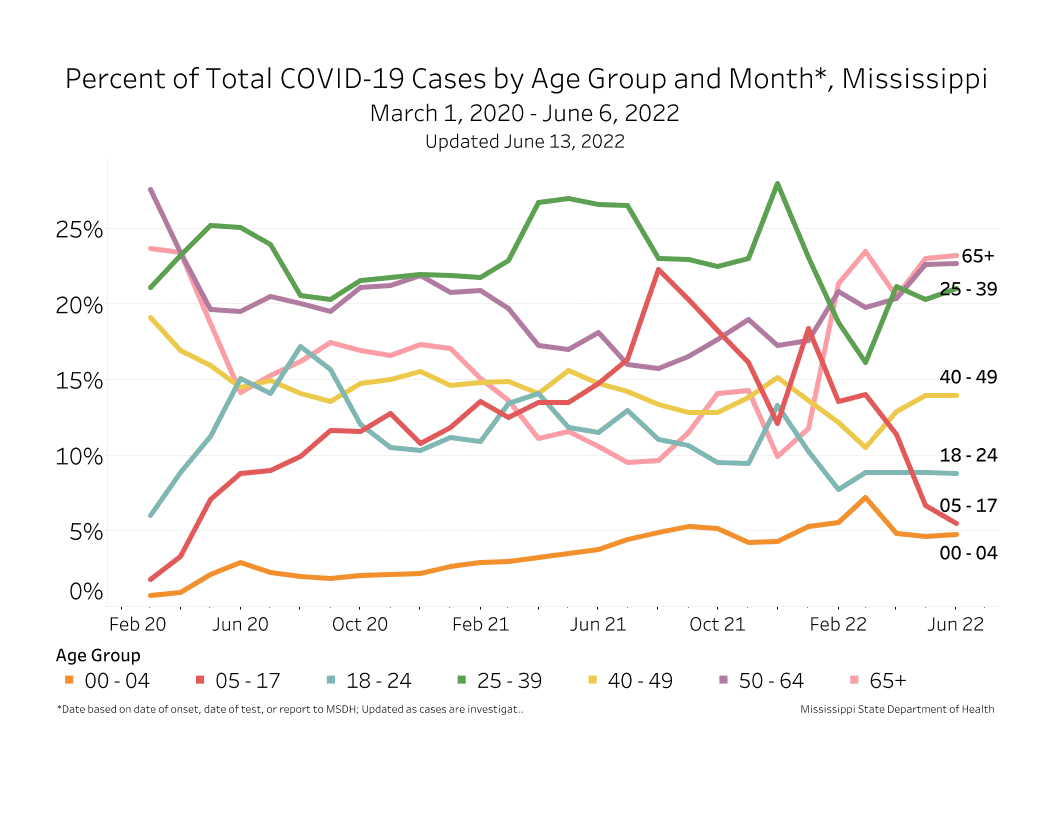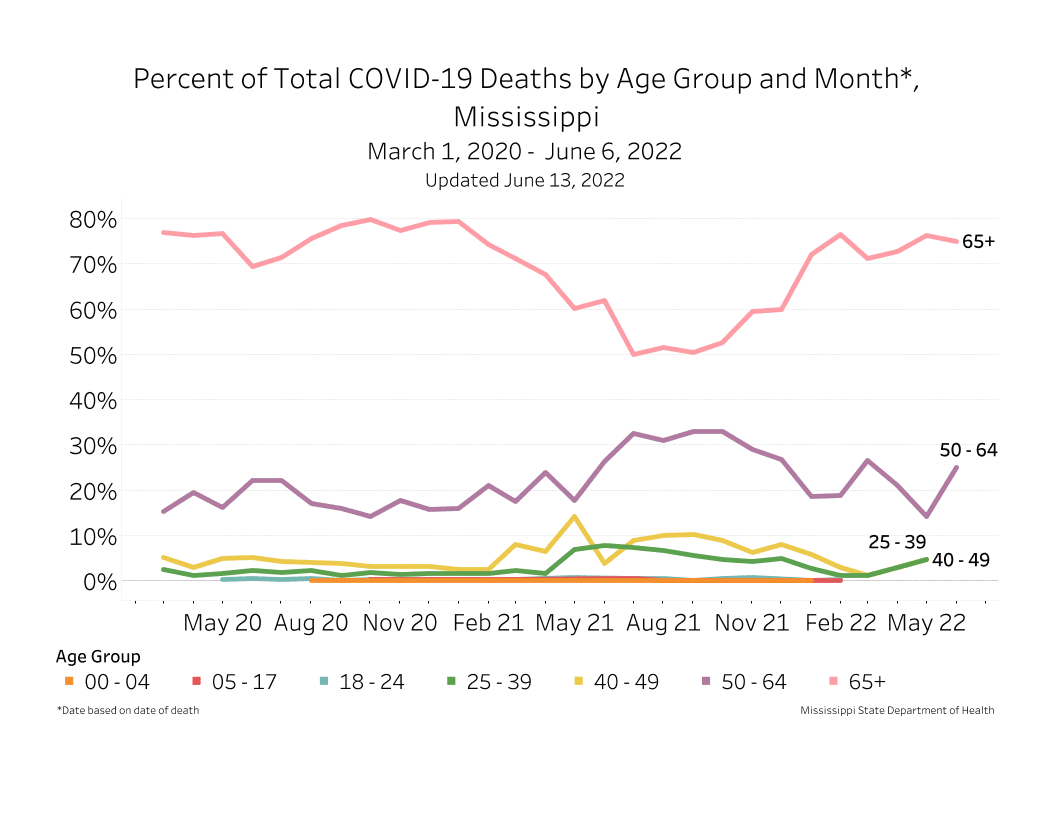New COVID variants promise reinfections in U.S.
Published 3:12 pm Tuesday, June 14, 2022
With the news from the Associated Press Tuesday that Republican U.S. Sen. Roger Wicker of Mississippi had tested for COVID-19 for the third time comes a reminder that yesterday’s (or even last year’s) COVID might not be next week’s.
Wicker tested positive Monday. His last out-of-country visit was to the World Economic Forum in Davos, Switzerland, in late May. However, it was not reported where he might have picked up the virus.
Wicker, 70, also had COVID-19 in August 2021 in February 2022.
Having immunity from previous COVID-19 infections doesn’t guarantee Americans protection, obviously, when it comes to a new infection. And now there are two new subvariants that seem significantly more resistant to key treatments, writer Andrew Romano of Yahoo News reported June 13.
BA.4 and BA.5 are the two mutants now making their way through the United States. Experts think the two will soon outcompete the earlier versions of Omicron (BA.2 and BA.2.12.1).
“Once upon a time, reinfection was rare; some scientists even suspected that natural immunity from a prior case of COVID would shield most people from ever getting infected again,” the report stated, adding that vaccination blocked more than 90 percent of infections as well.
However, Delta and Omicron BA.1 caused infection rates to soar.
The new mutants ignore immunity and during the last month, “their share of U.S. cases has been roughly doubling every seven days. By July, BA.4 and BA.5 will likely be dominant nationwide,” the reported added.
Wicker is but one of many. As of June 13, there have been 878 new COVID-19 positive test results reported to the Mississippi Department of Health. That brings the total to 817,450 cases in the state since data collection began.
Six COVID-19 related deaths occurred between May 29-June 13, according to the the most recent data available, bringing the total number of deaths to 12,489. The latest two occurred in Hancock and Madison counties.
There are 102 current outbreaks in long-term care facilities in the state.
Confirmed cases and deaths are generally determined by positive PCR tests, which detect the presence of ongoing coronavirus infection. Probable cases are those who test positive by other testing methods such as antibody or antigen, and have recent symptoms consistent with COVID-19, indicating a recent infection. Probable deaths are those individuals with a designation of COVID-19 as a cause of death on the death certificate, but where no confirmatory testing was performed
In Lincoln County, community level is “medium,” meaning if those at high risk for severe illness should speak to their health care provider about whether there is a need to wear a mask and take other precautions. The MSDH recommends staying up to date with COVID-19 vaccines and getting tested if there are symptoms.
As for neighboring areas, Amite County is consider in a “low” community level of infection, Copiah is medium, Franklin is low, Jefferson is low, Lawrence is low, Pike is low, Walthall is low and Wilkinson is medium.
The primary good news is that these new variants tend to be less deadly, since acquired immunity, vaccines and treatment options adapted well to the previous virus’s strengths.
That doesn’t mean Americans should be complacent, Yahoo News’s report warned. Immunologists and other medical officials are steadily working to keep up with the many changing variants that fade in and out of the country.
The common thought is that COVID-19 will never be as bad as it was in the beginning, but there are still steps and studies necessary to keep up with an ever-changing virus that simply won’t go away for good.









